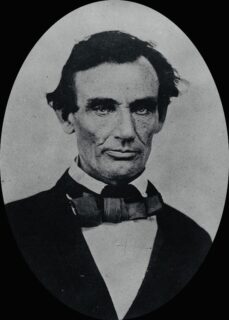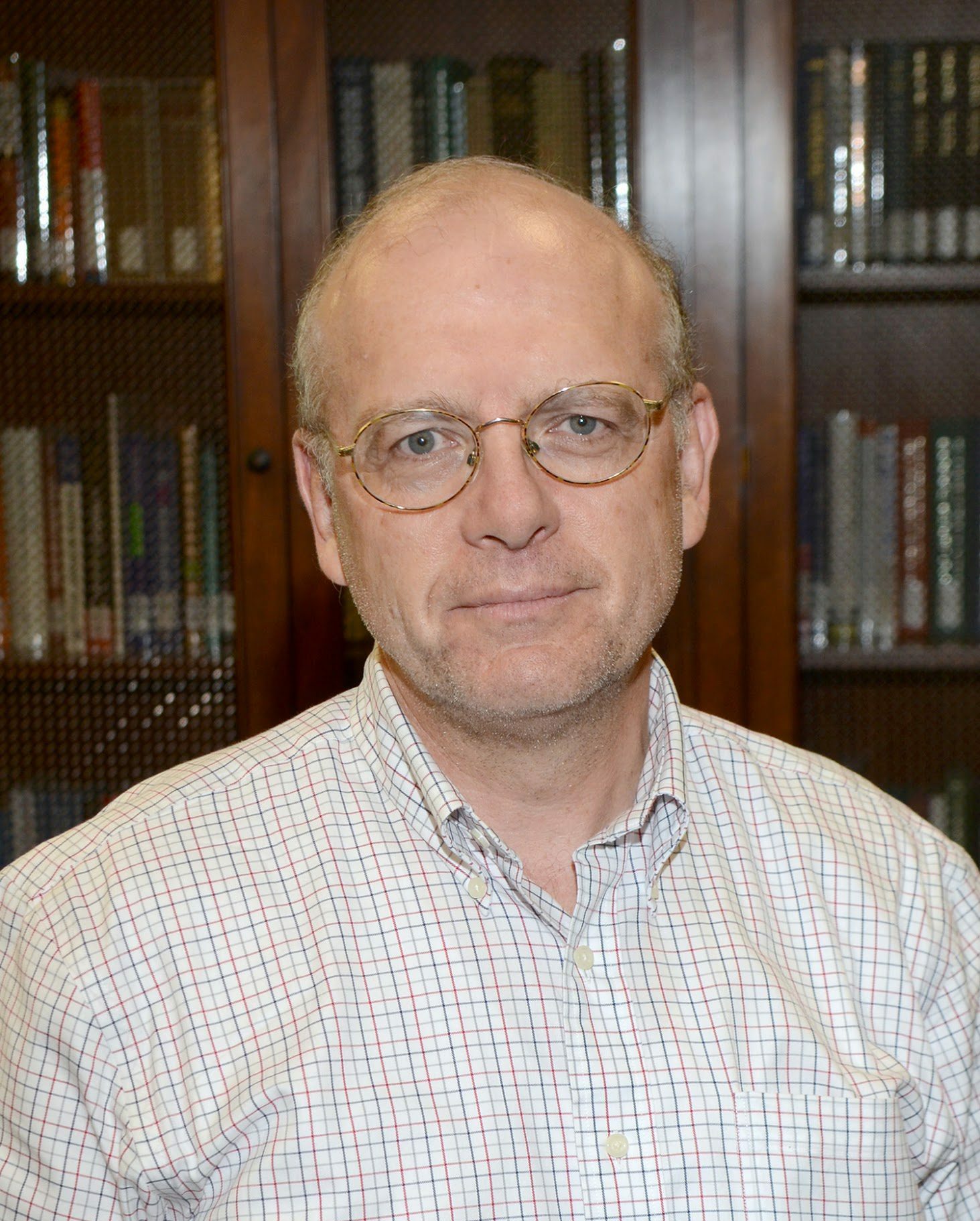
Temperance Address

On Washington’s birthday in 1842, in a Presbyterian church in Springfield, Illinois, Abraham Lincoln addressed a meeting of a new temperance society, the Washingtonian Society, which six alcoholics had started two years before in Baltimore, Maryland. Temperance movements aiming to moderate or ban the use of alcoholic beverages were one of a number of reform movements popular in antebellum America. This was in part the result of the American Revolution. The revolution had, after all, been a movement to reform political life, to remedy the failings of received European ideas and forms of government, establishing, as the motto on the great seal of the United States says, a new order for the ages. The reform movements so popular prior to the Civil War aimed to carry reform beyond politics to morality, to change how individual Americans lived. In this purpose, these reform movements were encouraged by the understanding of Christianity that motivated many of the reformers. One of them, Edward Beecher, argued in a sermon he preached in 1835 that Christians had to strive for holiness, to find sin vile and loathsome, and crucify it in themselves. They should seek communion with God, to share in God’s feeling and emotions. This kind of holiness, and the work of social reform it made possible, was necessary to bring about the millennium, the perfection of the world, after which God would return in his glory.
The Washingtonians distinguished themselves from other temperance groups by working to make individual drunkards temperate, rather than by trying to reform society as a whole. They also avoided religious rhetoric, emphasizing the practical benefits of sobriety. This is one reason Lincoln stated in the Temperance Address that in explaining the success of this new movement, which Lincoln said was greater than the success the older temperance advocates enjoyed, he would address only the rational causes of the Washingtonians’ success.
Lincoln identified several ways that the old and new reformers differed. First, they used different champions (advocates). The old reformers used people—ministers, lawyers, and paid speakers—whose self-interest could be said to motivate their work. The new reformers spoke from the heart and their own experience, and hence seemed to be sincerely engaged for the good of others. Their tactics also differed. Those of the old reformers, Lincoln argued, were both impolitic and unjust. They were impolitic because the old reformers denounced drunkards as if the reformers were lordly Judges, rather than erring brothers, which is what the new reformers were. No one, Lincoln argued, would reform their behavior if denounced in such a manner. The old tactics were unjust, because from the discovery of alcoholic beverages until very recently, no one had thought their use, as opposed to their abuse, a bad thing. It was unjust, Lincoln argued, to condemn suddenly as an evil and to punish the use of something that public opinion had previously condoned.
In considering the injustice of the old way of temperance reform, Lincoln made two other points. The old reformers acted as if drunkards were condemned for their vice without any remedy. This created an unbridgeable gap between them and the reformers. Lincoln considered this approach selfish and lacking in charity. The old reformers also expected to induce a change of behavior among drinkers by appealing to their sense of the distant future good they would do by giving up alcohol. Lincoln thought this showed a failure to understand what motivates people. The new reformers rejected the idea of unpardonable sin and, in doing so, got people to focus on both the immediate good they would do for themselves and the future good temperance would produce.
In the next section of his speech, Lincoln turned to encouraging those who are not drunkards to participate in the work of the society formed by those who were, since these reformed drunkards were doing such good work.
In the final six paragraphs of the speech, Lincoln compared the temperance revolution to the American Revolution, arguing that the former was greater than the latter. He did this, in such a flamboyant and exaggerated way, however, as to make us think he was being ironic. In pointing to the lofty goals of such a moral revolution, especially given the criticisms he had made of the old reformers, he conveyed subtly his sense that the moral revolution reformers aimed at might not be at all the good thing that they and his audience were inclined to think it was. To all who saw this irony, and to those who still see it when reading Lincoln’s speech, Lincoln suggested above all the worth of the supposedly inferior political revolution of 1776.
At the end the Temperance Address, Lincoln made clear what was implicit throughout: what he said about temperance reform applied to the abolition movement, and indeed to all religiously inspired moral reform. Using Biblical imagery and allusions, Lincoln’s speech offered a detailed, if largely implicit, critique of such reform movements. One question Lincoln raised was whether the theology of the saved and damned, central to the reform movements, was compatible with a politics based on the equality of all men. In contrasting the promised distant future good of reform with the harm done by it here and now, he was implicitly calling into question the worth of the millennial thinking central to the reform movement. Specifically, he was asking his audience to consider whether some distant, hoped for end could justify current unjust means. Finally, we can understand Lincoln to have questioned whether the spirit of religiously inspired moral reform was compatible with the friendship among fellow citizens necessary for republican government—the same friendship that he would appeal to at the end of his first Inaugural Address. If one loathes sin, as Beecher said one must, will it be possible not to loathe those whom one thinks are sinning?
In conclusion, we should recall Lincoln’s political courage and daring in giving the Temperance Address. Lincoln was a Whig and the Whig party had among its members many who were ardent moral reformers. As he stood in the Presbyterian Church in Springfield, Lincoln was addressing his “base,” as we would say. Yet, he took upon himself the politically dangerous but morally necessary task of trying to moderate it. This task of encouraging moderation was at the core of Lincoln’s political life. It was a task he would take up again in his Second Inaugural Address.
